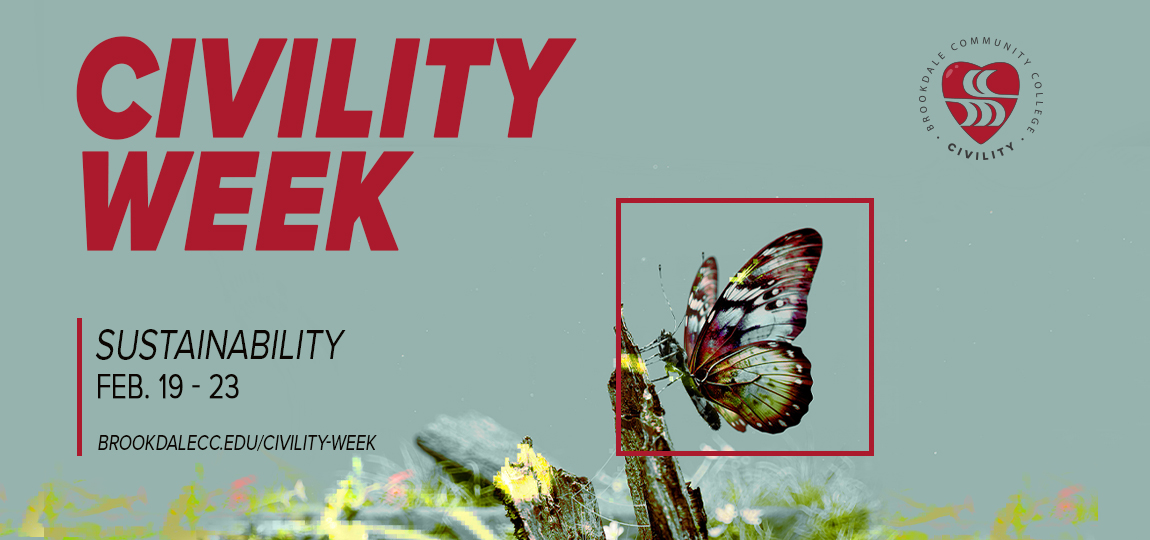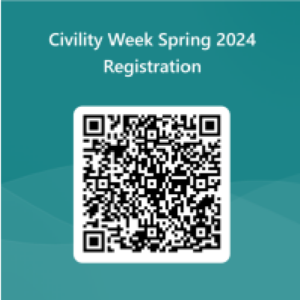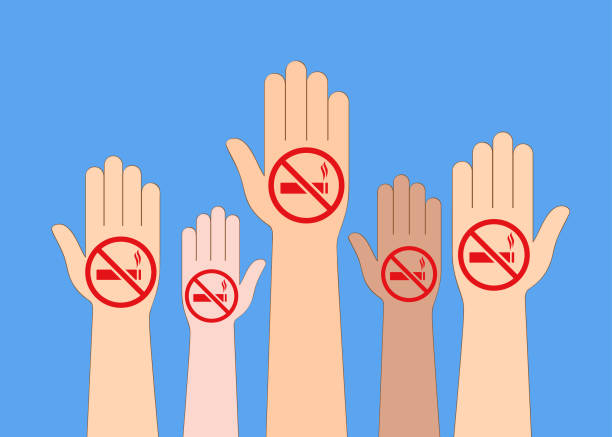
Click Here or scan the QR code to register for in-person and zoom events
Click Here to view the Brochure
The Experiential Democracy Dialogue: A Depth Approach to Social Healing
Presented by: Dr Kirk Schneider; 2022 Candidate for President of the American Psychological Association (APA); Adjunct Faculty, Saybrook University and Teachers College, Columbia University; President of the Existential-Humanistic Institute
Zoom Link: TBD
Dr. Kirk Schneider, a leading spokesperson for existential-humanistic and existential-integrative psychology will introduce and demonstrate his Experiential Democracy Dialogue method, based on his work in recent years to promote cultural and political depolarization. The deep, pernicious, widespread, and dangerous polarization in our societies and world may be one of the most socially and psychologically urgent issues we face right now, and Dr. Schneider posits that it is urgent to address from the standpoint of depth and existentially oriented healing. The Experiential Democracy Dialogue aims to foster a conversation between people who identify as being at opposite ends of an ideological binary. Dr. Schneider will introduce his approach, and then facilitate a live demonstration of it with two people who identify with contrasting sides of a contemporary issue. He will then invite the audience for audience for a brief Q & A on the presentation. It is important to note that the aim of the dialogue is not to debate, but to help us re-humanize our ideological “opponents,” so that we enhance the likelihood of achieving actionable common ground, and if not common ground on policies at the least common ground in regard to broadening our capacity to get along with one another.
Friday, February 23, 2024, at 1:30 p.m. – 2:30 p.m.
The Different Meanings of Law, Morals and Justice: Accepting and Understanding Each Other
Presented by: Professor Joseph Zavaglia
Zoom link: TBD
The concepts of “what is fair” varies from person to person, situation to situation and often is fueled by a misunderstanding of the three separate concepts of Law, Morals, and Justice. For example, the recent case of Dobbs v. Jackson WHO as it applies to the historical application of judicial philosophy and precedents. Whether the recent United States Supreme Court ruling/review (Dobbs v. Jackson WHO) regarding Roe v. Wade was the dismantling of 50 years of legal precedent or the reinstatement of the previous 150 years of law, understanding the roots of this procedure is crucial in not only understanding the Supreme Court but helpful, if not essential, when discussing current legal issues and the role of the Court. and more importantly acknowledging and accepting different opinions.
 Bookstore
Bookstore  Self Service
Self Service  Video Library
Video Library 



